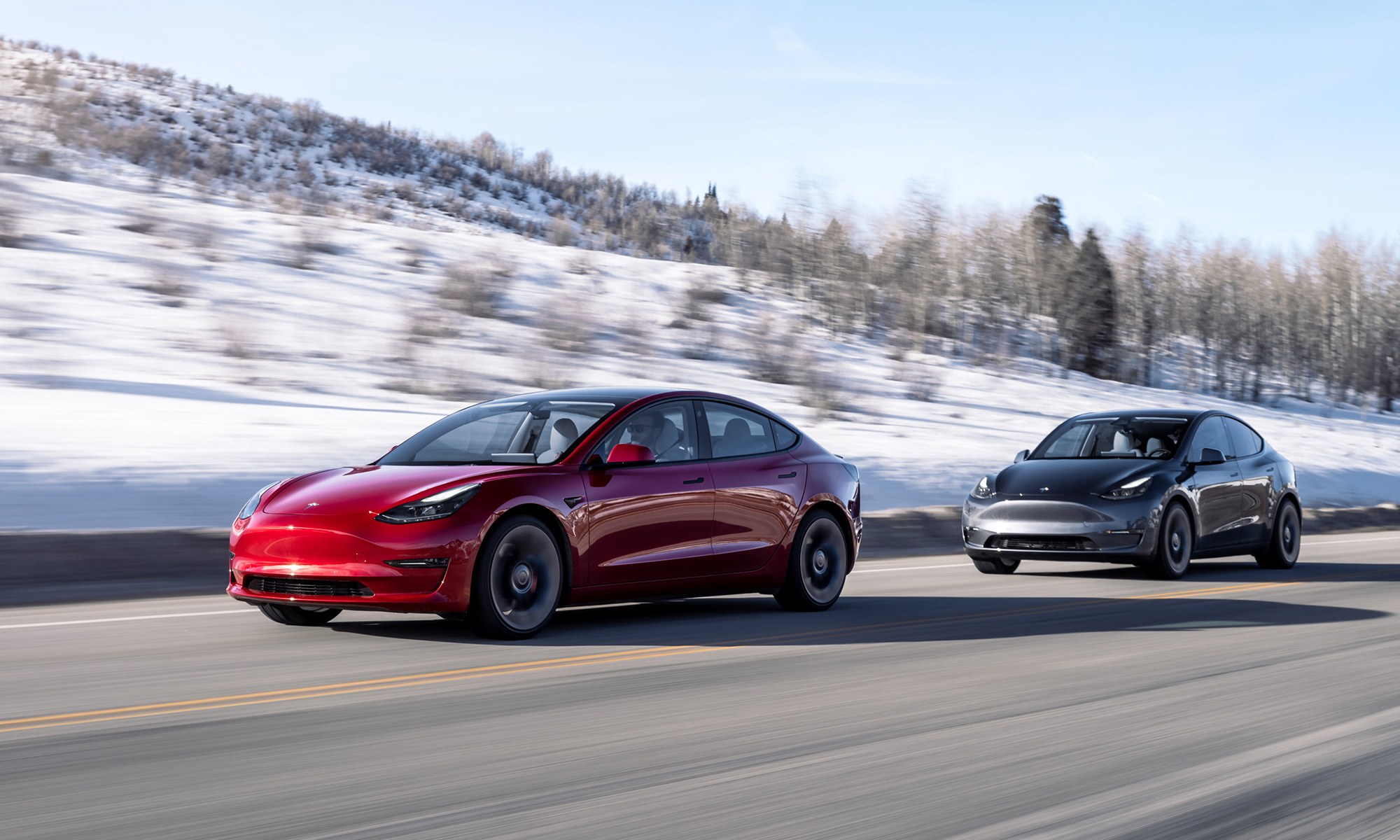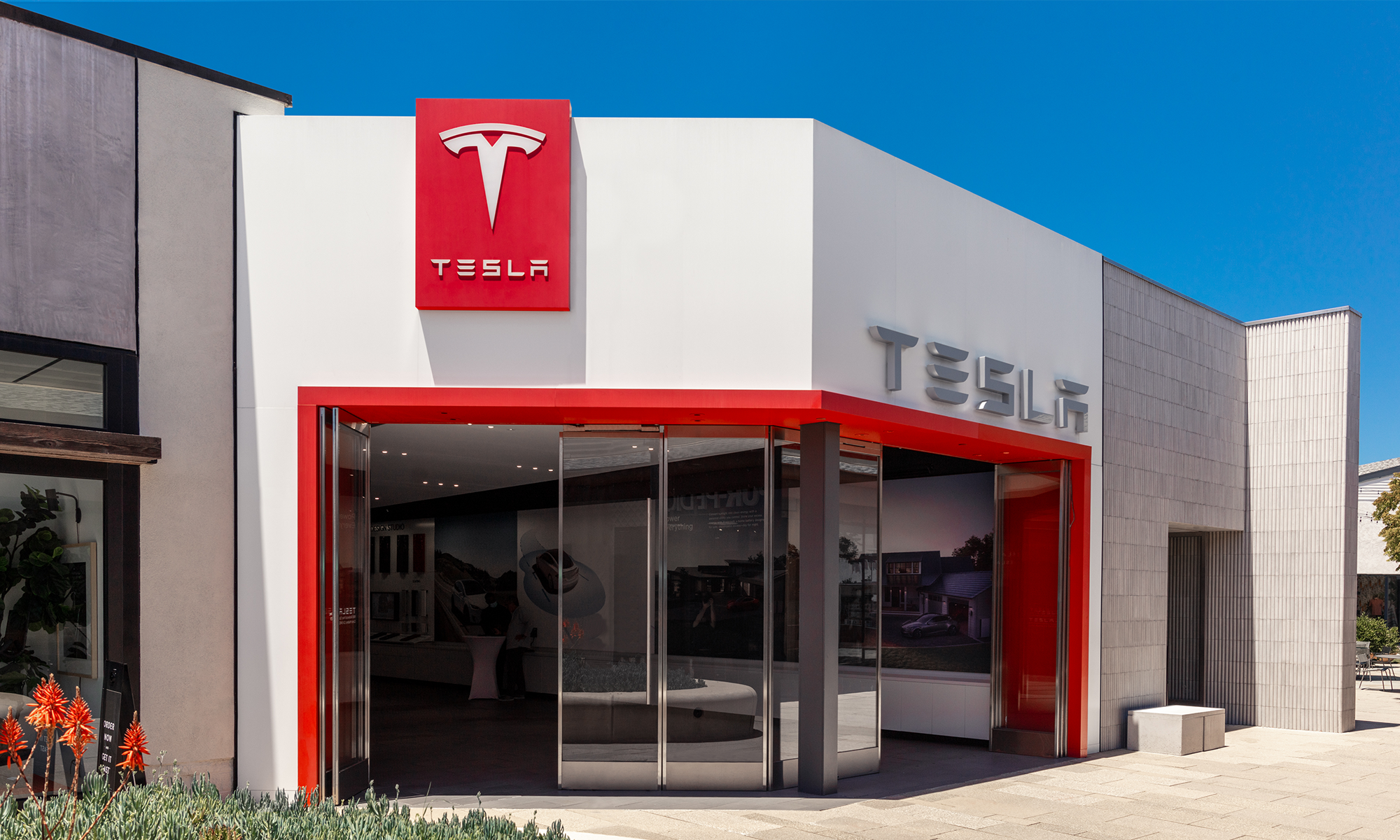No one ever accused Elon Musk of not putting his money where his mouth is.
"I always invest my own money in the companies that I create. I don't believe in the whole thing of just using other people's money," the eccentric billionaire once said. "I don't think that's right. I'm not going to ask other people to invest in something if I'm not prepared to do so myself." Musk famously dumped all of his personal proceeds from the sale of PayPal -- about $180 million -- into starting Tesla (TSLA +0.09%) and SpaceX. And he just bought more shares of the electric-car maker.

Image source: Tesla.
33.7 million plus 72,500 equals 33.7 million
In a fresh Form 4 filing with the SEC, Musk disclosed that yesterday and today he acquired 72,500 shares at approximate prices ranging from $342 to $347. Musk ended up spending just under $25 million in the transactions. However, adding 72,500 shares doesn't meaningfully change Musk's stake in the electric-car maker, being little more than a rounding error in the context of the 33.7 million shares Musk holds in his trust.
These are open-market purchases, which are generally considered the strongest vote of confidence when it comes to insider purchases. In contrast, it doesn't mean as much when executives are merely exercising stock options upon vesting.
The insider purchase comes just a day after Tesla announced that it would be laying off 9% of its workforce in an effort to cut costs in the pursuit of profitability. It's worth noting that Musk's purchases occurred in the secondary market, meaning that Tesla did not directly receive any money from the transactions. Musk was simply buying shares off other investors who were selling, so his transactions do not directly affect Tesla's financial position. More than anything, it's a symbolic gesture.
Message in a $25 million bottle
What's less clear is why Musk feels the need to incrementally add to his position when he already owns roughly 20% of the company, and investors recently approved a massive compensation plan that would grant him another 12% if Musk is able to deliver on numerous operational and market cap milestones.
Further complicating the situation is that Musk uses his substantial Tesla stake as collateral for hundreds of millions of dollars in personal loans. In a March 2017 prospectus, Tesla disclosed that Musk's outstanding loans totaled $624.3 million. It's very cyclical: Musk puts up shares to secure the loan, then uses borrowed money to buy even more shares. Presumably, Musk has used this arrangement as a way to maintain liquidity while simultaneously adhering to his principal of having skin in the game.
At other times, Musk has used the borrowed money to prop up his other companies more directly, like purchasing solar bonds from SolarCity before it was acquired by Tesla. Those proceeds did go directly to the company in that case, unlike this week's purchase of Tesla shares.
Perhaps the most meaningful message from the transaction is that Musk is not concerned about Tesla's valuation. Even most Tesla bulls should be able to acknowledge that Tesla sports absurd valuation metrics, trading at significant premiums relative to many auto and tech peers (4.5 times sales currently). It seems that message could be worth $25 million to Musk.






